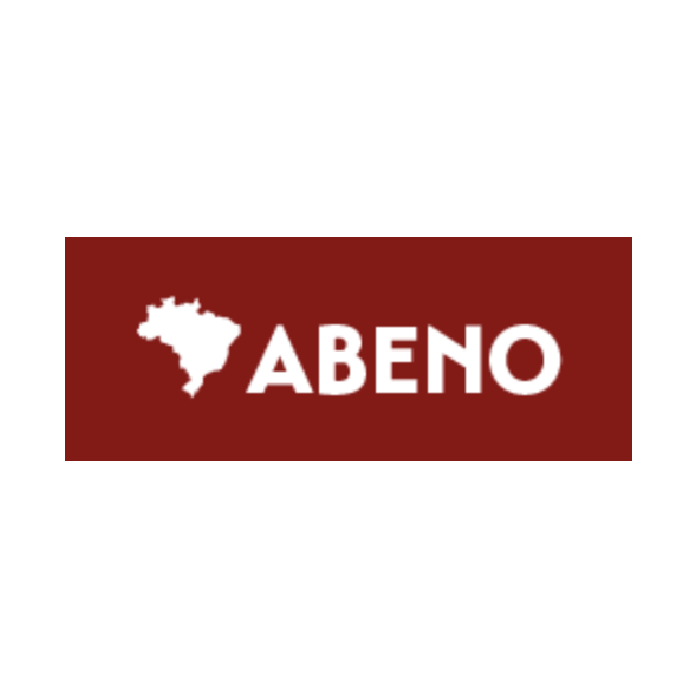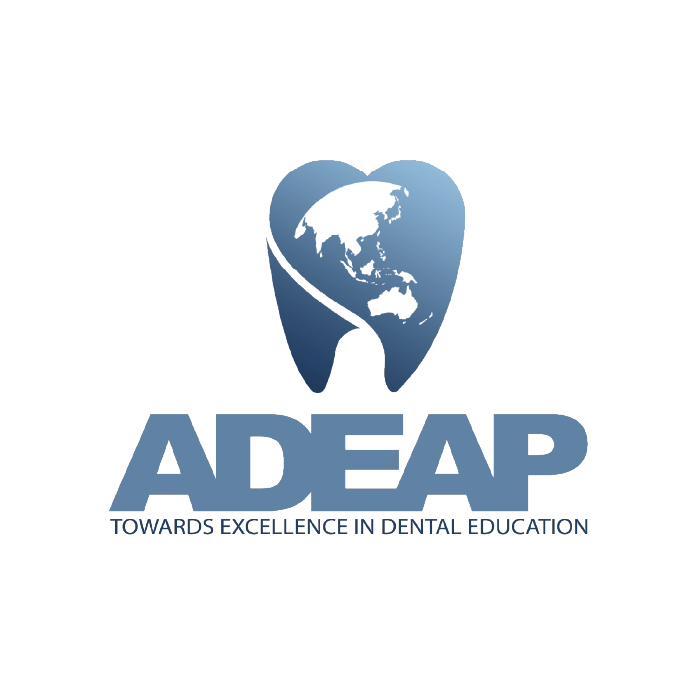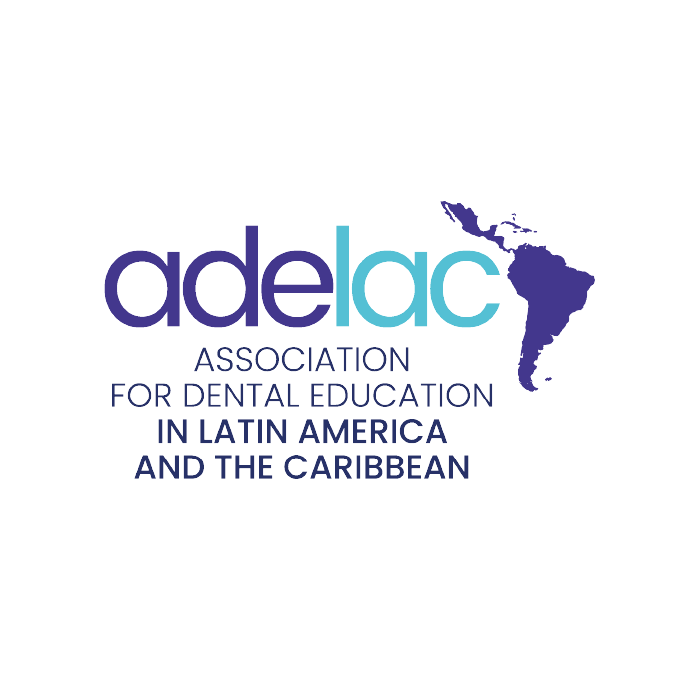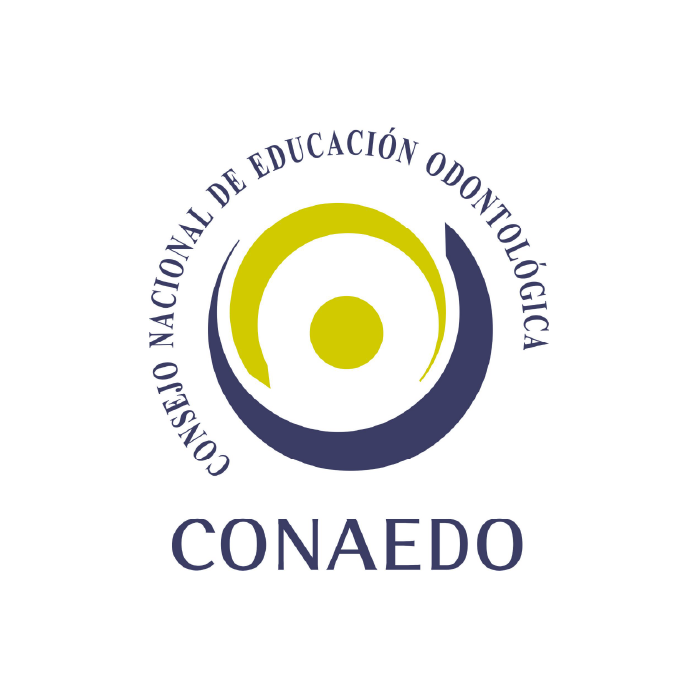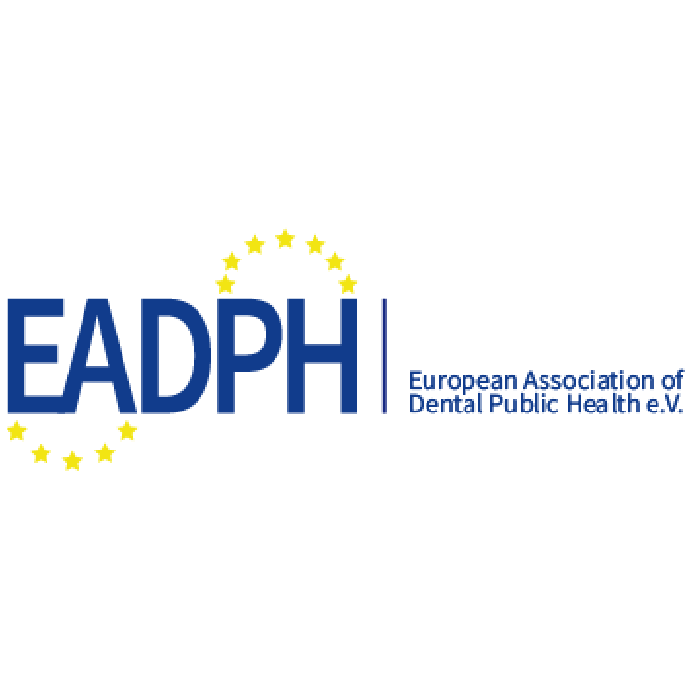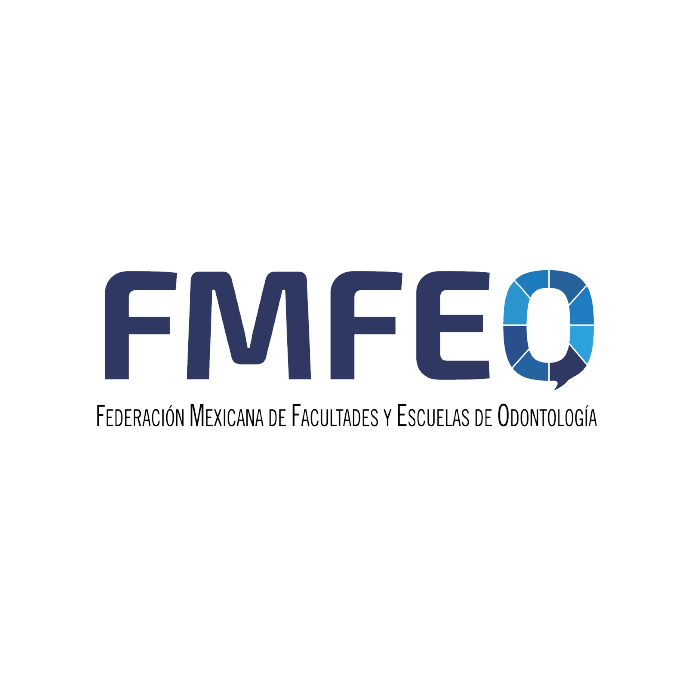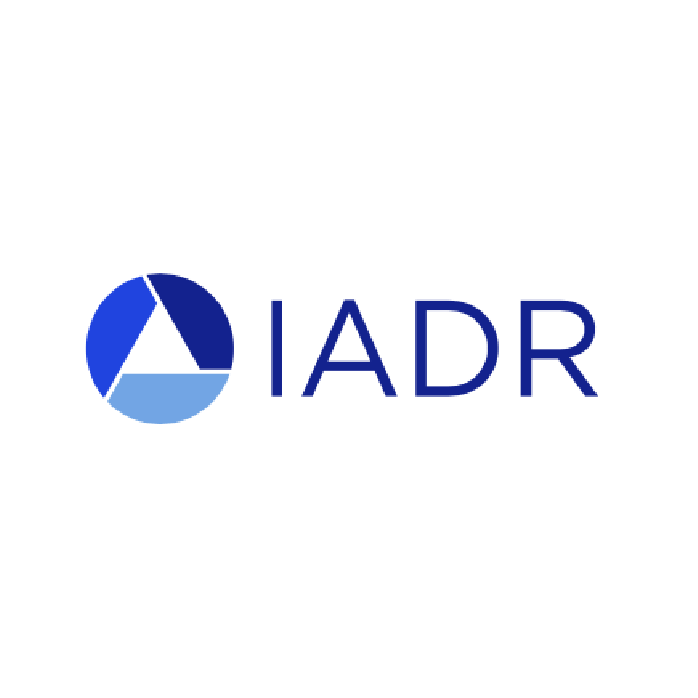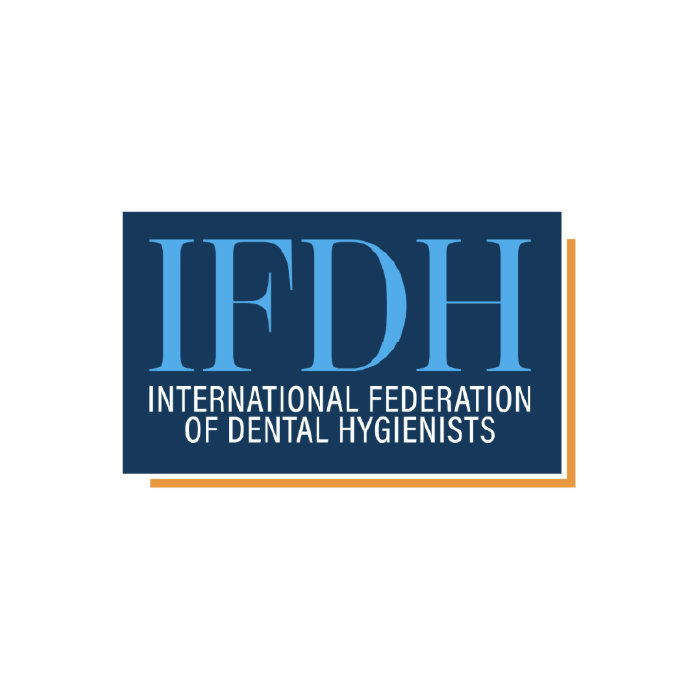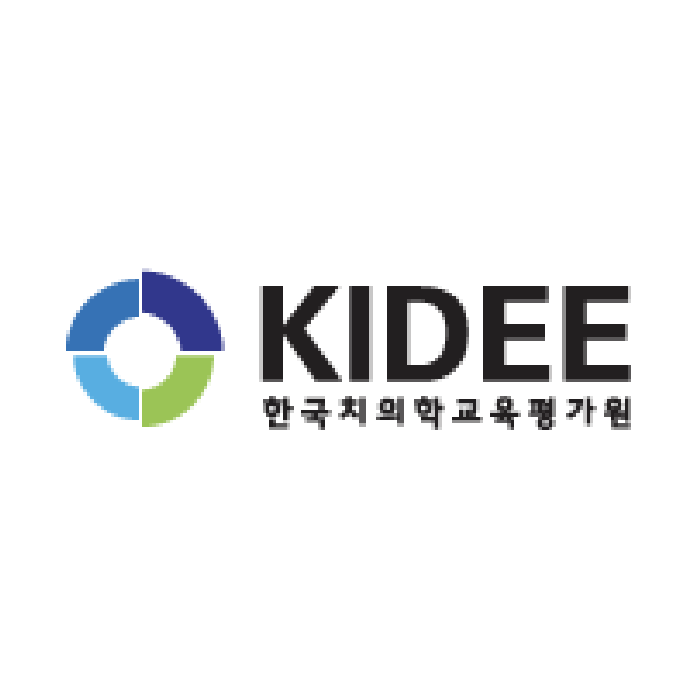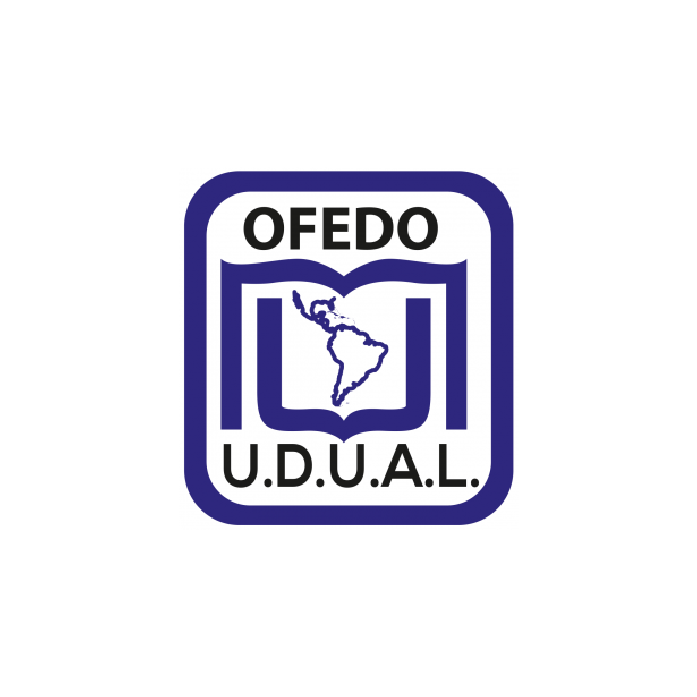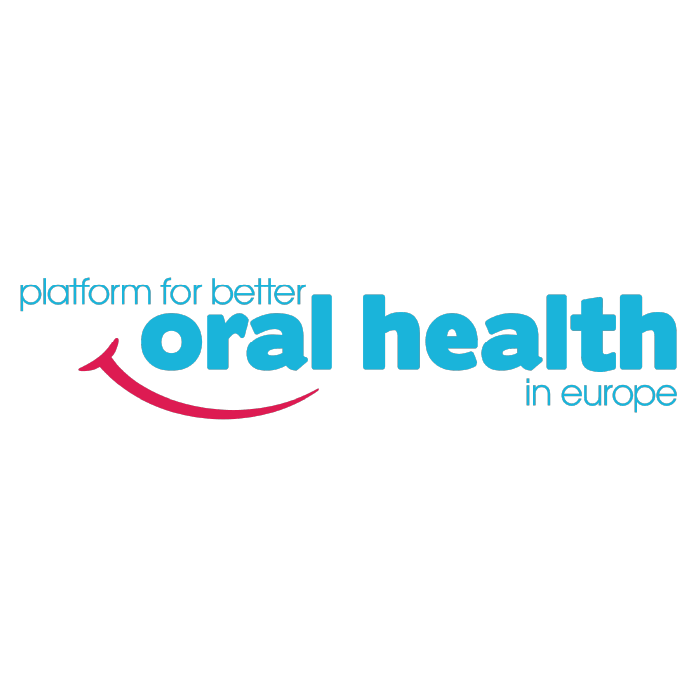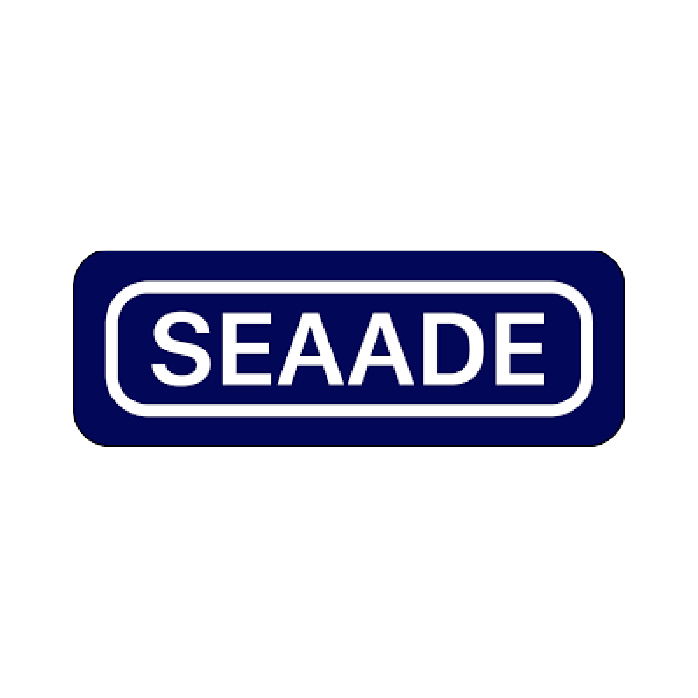Association for Dental Education in Europe
Learning together to improve oral health and quality of life
Advancing the WHO Oral Health Action Plan



Oral Health Education’s Call to Action
A key enabler of the WHO’s Oral Health Action Plan will be ensuring oral health professionals curricula are evidence based, contemporaneous and contextually relevant. With a vision, stressing the promotion of oral health as critical to general health and advocacy for universal health coverage, schools and programmes will need to carry out regular reviews of their curriculum and methods of teaching and learning. To assist in this regard the Oral Health Professional Education Regional Associations have come together to empower and enable our members participate at a national level in these critical discussions.
A Collaborative Global Response
Working with global dental education associations
Jointly led by ADEE and our American counterpart ADEA, we strive to ensure broad consensus on approach throughout this work and issued an open invitation to participate to all known global dental education associations and the following were directly invited to contribute:
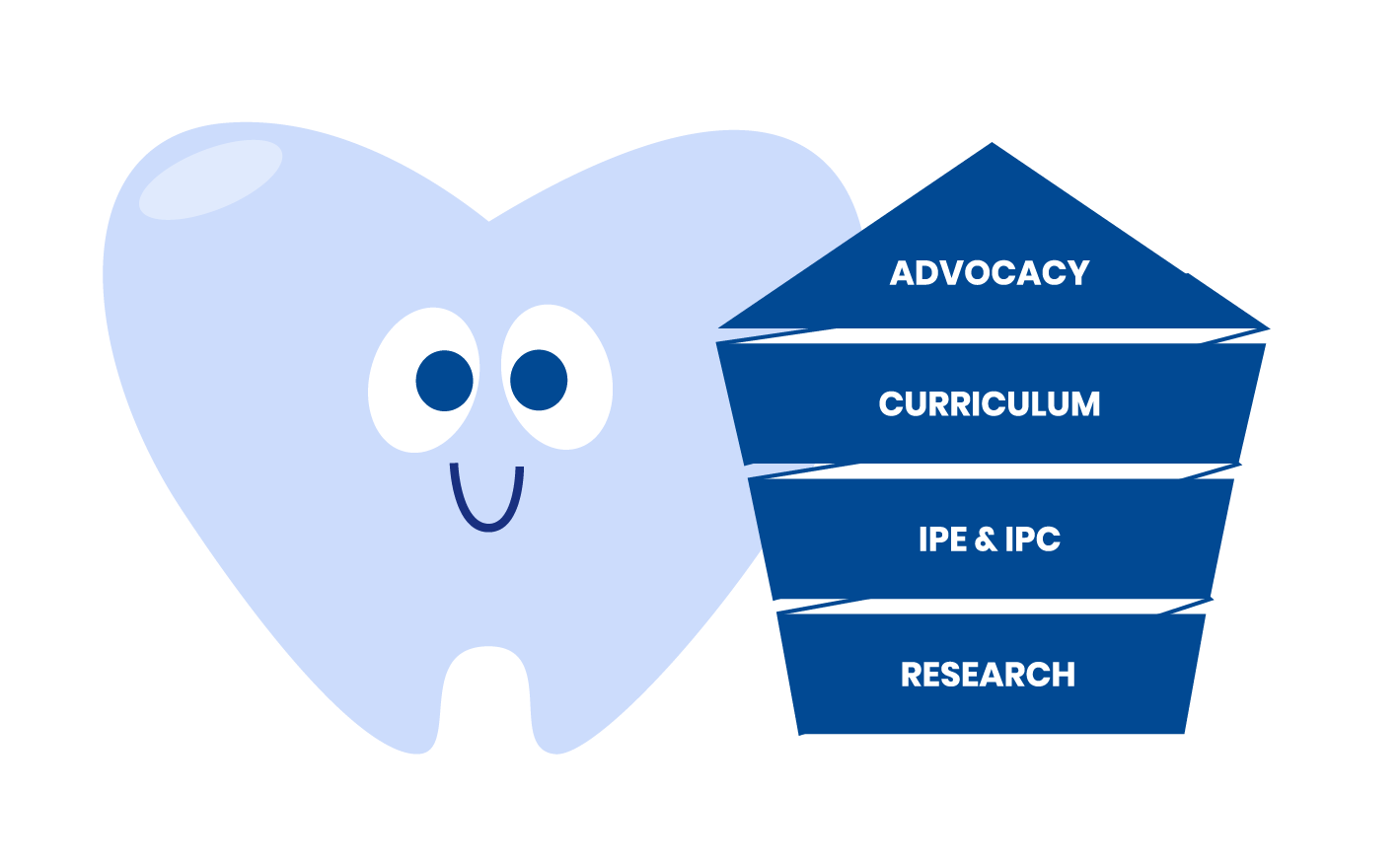
WHO Key Themes from Oral Health's Education Perspective
Our collaboration led us to the conclusion that to enable meaningful impact we would need to provide short and concise guidance on the WHO Action plan to our members. On review of the WHO action plan, the associations draw four conclusion concerning the key themes within the plan as they apply to Oral Health Professional's Education. That is the need for Advocacy, Curriculum, IPE & IPC and Research aligned with the aims of the plan.
Advocacy priorities for Oral Health Professional's Education
Our collaboration led us to the conclusion that from an Advocacy perspective Oral Health Professinal's Associations and Institutions can assist by focusing on collaboration and consultations that stress Universal Health Coverage, Innovative Workforce Models, Evidence Based and Contextually appropriate.

Universal Health Coverage
Oral Health must be seen as a core element of universal health coverage.

Innovative Workforce Models
We need to be receptive to alternative workforce models.

Evidence Based
Curricula should be evidence based and continually aligned with WHO principles.

Contextually Appropriate
Solutions need to be contextually relevant and localy driven.
The Oral Health Professional's Curriculum
Our collaboration led us to the conclusion that from a curriculum perspective Associations and Institutions can enable the WHO Action Plan by stressing the prevention focus within the curriculum promoting the evidence-based by regularly reviewing and quality assuring the Curriculum.

Prevention Focus
Prioritize public health and prevention.

Evidence-Based
Rely on up-to-date scientific evidence.

Regular Review
Continually aligned with WHO principles.

Quality Assurance
Ensure ongoing assessment and quality education delivery.
Inter Professional Education and Care
Our collaboration led us to the conclusion that from an Intra and Inter Professional eductaion and care perspective Associations and Institutions can enable the WHO Action Plan by meainingfully embracing IPE, enabling deeper understanding of IPE and by being open to upskilling other professionals.

Collaboration
Greater use of existing members of the oral health team through IP.

Optimisation
Enabling meaningful interprofessional education that provides deeper understanding of interprofessional care.

Upskilling
Embracing the upskilling of other professionals to carry out defined oral health practices.
Research & the Evidence Base
Our collaboration led us to the conclusion that from a research and evidence base perspective associations and Institutions can enable the WHO Action Plan by reinforcing the narrative on the importnace of research and the evidence base to the OHP professions and academia.

Research Literacy
Ensuring students become competent users and advocates for research, the scientific method and data driven decision making.

Research Empowerment
Enabling students and faculty to have access to and actively engage in research.
